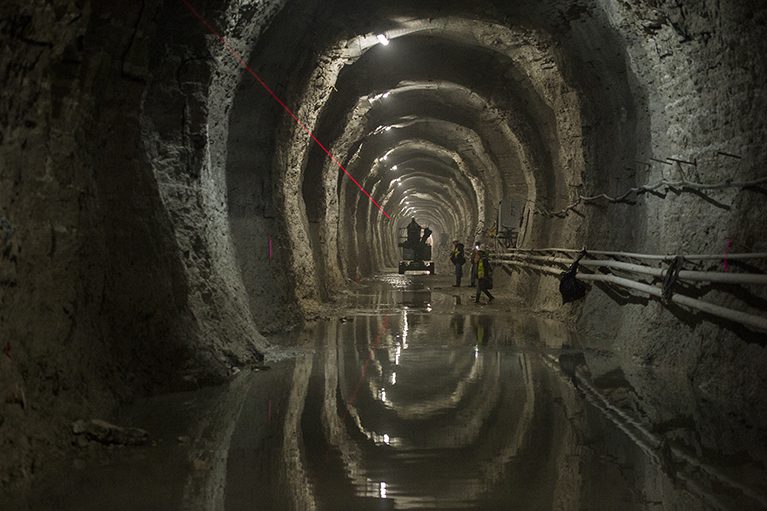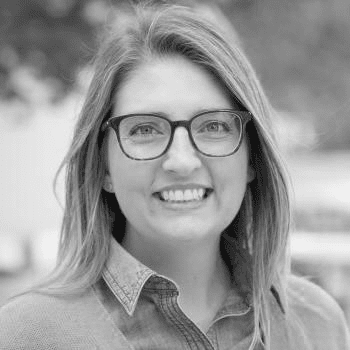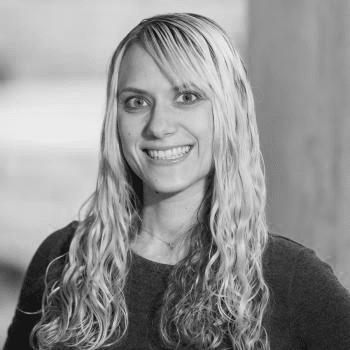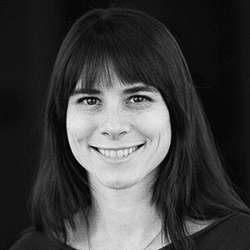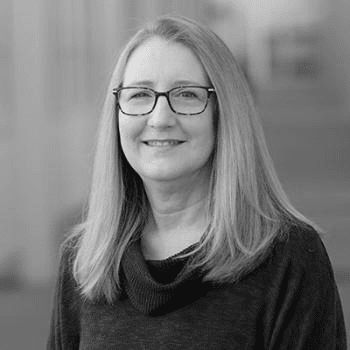Wastewater-based epidemiology — the testing of raw sewage for pathogens such as the SARS-CoV-2 virus — provides a non-invasive, cost-effective way to measure community health, including in areas where clinical testing may be underutilized or unavailable. It is a leap forward in extending health equity to people without access to medical care.
Early in the COVID-19 pandemic, the Discovery Partners Institute, University of Illinois Chicago, Northwestern University and Argonne National Laboratory formed a science team to track the coronavirus in wastewater. Working from scratch in 2020, the team chose collection sites, based on social vulnerability, and a workflow for collecting and analyzing samples from treatment plants and sewers in neighborhoods, airports and jails. Implementation involved a unique public-private partnership, including City of Chicago, Cook County, the Metropolitan Water Reclamation District, nonprofit organization Current Water and private contractors, which evolved into a surveillance system adopted by the Chicago Department of Public Health in 2021.
